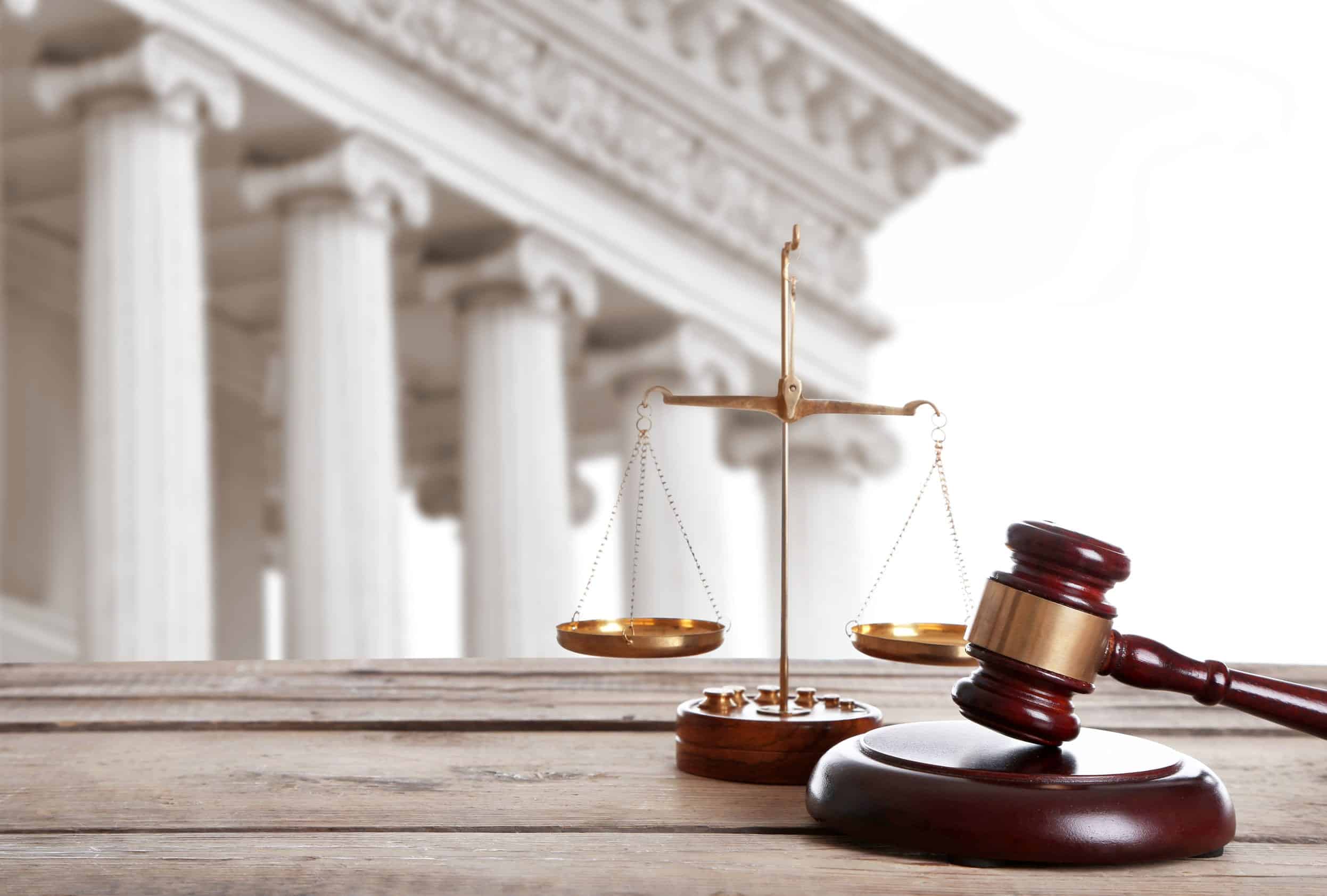- Home
- THE FIRM+
- Criminal Defense+
- CASE RESULTS
- AREAS WE SERVE+
- FAQ’s
- Blog
- Contact
AZHARI LLC BLOG

Posted By: Sami Azhari
Category:
Prostitution is often seen as a victimless crime, but that’s simply not the case. In many situations, the women involved in prostitution are victims themselves.
They may have mental health issues, addiction issues, be the victims of human traffickers, or have issues with chronic homelessness that push them to exchange sex for basic needs such as shelter and food.
This is precisely why in Cook Country, prostitution is being treated differently by the courts. Cook County already prosecutes prostitution as a misdemeanor offense in most cases, but they’re looking to take things one step further.
If you are seeking a different path than the one you’re on, and think this could help you, learn more here about the laws in Illinois surrounding prostitution and how the new Chicago Prostitution and Trafficking Intervention Court works.
Prostitution in Illinois
In Illinois, prostitution is defined as offering, agreeing to perform, or performing sexual acts in exchange for something of value. In most cases, it is a Class A misdemeanor. The punishment for Class A misdemeanor prostitution usually consists of up to a year in jail and fines of $2,500.
Note that prostitution charges may be elevated to a Class 4 felony in either of two situations:
- If the crime takes place within 1,000 feet of a school
- When it isn’t your first prostitution conviction
Sentencing for a Class 4 felony conviction includes a maximum of three years in jail and fines of as much as $25,000.
Also note that when the person arrested for prostitution is found to be under the age of 18, they are immune from criminal prosecution and will instead be taken into protective custody.
IL’s New Prostitution and Trafficking Intervention Court
The State’s Attorney initiated the new Chicago Prostitution and Trafficking Intervention Court, which seeks to prosecute prostitution and victims of sex trafficking with misdemeanors – but that’s not all.
Illinois courts are also seeking to reduce addiction and substance abuse among women who have found themselves working as prostitutes, whether it was against their will or not.
The court also wants to help those caught up in a life of prostitution to break the cycle and be free of it, reducing recidivism as well as addressing the ever-present subject of jail crowding.
Those who now face misdemeanor prostitution charges will go through this specialized court. Once there, they’ll be connected with resources and services that are meant to help them get away from a life of prostitution and move forward clean and sober.
Overall, the court intends to provide a more compassionate solution to those who want help. It is the hope that access to the services provided will aid in transitioning to a different, more functional life.
The Different Program Levels
The Prostitution and Trafficking Intervention Court has four program levels. The level assigned to victims will depend on their criminal history and their current circumstances and needs.
Defendants in this court are more likely to see deferred prosecution, which means that if they successfully complete services and treatments offered, then charges against them will be dismissed.
Chicago is working hard to reform its judicial system to better offer victims of sex trafficking a way out of prostitution and to treat them as those seeking assistance rather than folks simply breaking the law.
Need Legal Guidance? Contact Attorney Sami Azhari Today!
If you or someone you know is entangled in a prostitution case and seeks a way out, help is available. Attorney Sami Azhari has extensive experience in handling state and federal cases, and can provide the skilled representation you need. Discover more about your legal options and the supportive programs through the Chicago Prostitution and Trafficking Intervention Court.
About the Author
Sami Azhari has been working as a lawyer since 2007, after receiving his Juris Doctor from the Michigan State University College of Law. He has handled numerous state and federal cases, and is known throughout the Chicago and Rolling Meadows area for providing his clients with high-quality, skilled representation. He has been recognized by Avvo (2013 and 2018), SuperLawyers (2015-2020), The National Trial Lawyers, and other notable organizations, and has spoken at a number of legal conferences.


























































